Gilad Atzmon, Daniel Bulatkin - Praying for More Songs to Come (feat. Taras Volos & Dušan Černák) (2025)
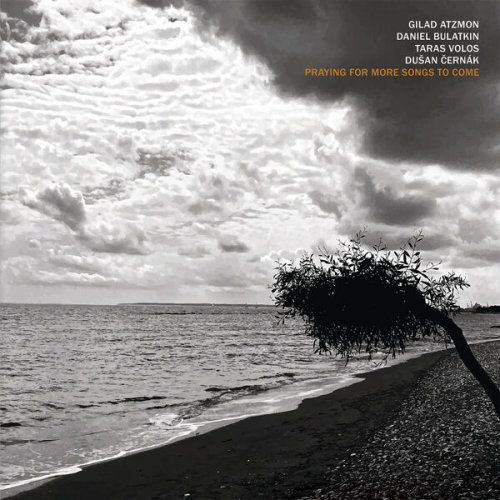
Artist: Gilad Atzmon, Daniel Bulatkin, Taras Volos & Dušan Černák
Title: Praying for More Songs to Come
Year Of Release: 2025
Label: HLAVA XXII
Genre: Jazz
Quality: mp3 320 kbps / flac lossless (tracks)
Total Time: 00:46:10
Total Size: 106 / 254 mb
WebSite: Album Preview
TracklistTitle: Praying for More Songs to Come
Year Of Release: 2025
Label: HLAVA XXII
Genre: Jazz
Quality: mp3 320 kbps / flac lossless (tracks)
Total Time: 00:46:10
Total Size: 106 / 254 mb
WebSite: Album Preview
01. The First Day of the Year (feat. Taras Volos & Dušan Černák)
02. Early Blues (I Listen To) [feat. Taras Volos & Dušan Černák]
03. My Old Flame (feat. Taras Volos & Dušan Černák)
04. Praying for More Songs to Come (feat. Taras Volos & Dušan Černák)
05. Autumn in Baghdad (feat. Taras Volos & Dušan Černák)
06. Early Blues (I Listen To) [feat. Taras Volos & Dušan Černák] [Single edit]
Nostalgia is something of a recurring theme for Gilad Atzmon. Previous albums have included ‘Nostalgico’ (Tiptoe, 2001), an early Orient House Ensemble release with a title that translates as “nostalgia” in three different languages; ‘In Loving Memory Of America’ (Enja, 2009), a tribute to Charlie Parker which Atzmon introduced as: “…in memory of the America I have cherished in my mind for many years”; and ‘The Spirit Of Trane’ (Fanfare/Discovery 2017), an homage to another of his great heroes, John Coltrane. This impressive new quartet album is also inspired by feelings of nostalgia, but viewed with a modern gaze, which looks to the current condition as much as the past.
The recording is presented as: “[telling] a story from start to end, reflecting on the musicians’ nostalgia for the “good old days” in music and yearning for a more prosperous and stable world that sadly seems to be slipping away”. And from the start you are immersed in a soundscape that is both familiar and contemporary, and it is immediately engaging.
Coltrane looms large over this project and is an explicit influence. Think classic quartet, spiritual jazz flavours, seamless interplay and you are halfway there. But as you would expect with an Atzmon release, there are also subtle Middle Eastern nuances rippling through. And it is all played at a pace that gives the compositions room to breathe, reflecting a collective confidence and mutual understanding.
Described as Atzmon’s European Quartet, all four players are jointly credited on the album. In addition to Atzmon on alto sax and clarinet, the group comprises pianist Daniel Bulatkin, bassist Taras Volos, and drummer Dušan Černák, who have themselves something of the feel of a classic quartet with an unrelenting focus on the whole rather than individual parts.
And the way the album has been put together is rather old school, recorded after their second tour together in a single afternoon and played as if live, with everyone in the same room and without any editing or post-production. It all translates into an exciting freshness and vibrancy that sets the work apart.
The album gives us four originals (two from Atzmon and one each from Bulatkin and Volos) and a standard. The opener, ‘The First Day of the Year’, has the feel of a classically textured Coltrane piece, building from Volos’s infectious bass riff, with an ambling blues melody laid down by Atzmon, then developed by Bulatkin’s delightful solo, and sealed by Atzmon’s searching calls.
‘Early Blues (I Listen to)’ continues the Coltrane-infused vibe. Volos’s relaxed, reverberating bass introduction leads into Atzmon’s impassioned calling, before things settle into a loping collective simmering sound, complete with cymbal washes and a relentless bassline. Bulatkin’s piano slowly raises the temperature further, before Atzmon brings things to a head.
‘My Old Flame’, perhaps the ultimate nostalgic standard, provides a change of mood and pace. Atzmon brings a honey-laden tone with exquisite phrasing to this respectful rendition with sympathetic accompaniment from Bulatkin. It plays out beautifully and reminds of Parker’s own recording for the Dial label in 1947.
The title track is infused with Middle Eastern flavours from the outset and includes some of Atzmon’s best blowing. His opening clarinet phrasing suggests a calling muezzin, before a collective workout builds increasing energy and momentum over which Atzmon and Bulatkin take driving solos, with a hinted passing reference to ‘A Love Supreme’. A delightfully yearning blues ballad, ‘Autumn in Baghdad’, closes out the album; a reminder perhaps that nostalgia is not just a Western concept and that we all long for the return of happier times.
Listen to this album for its pulse-racing collective sound, but most of all, listen for its ability to transport you in time and space.

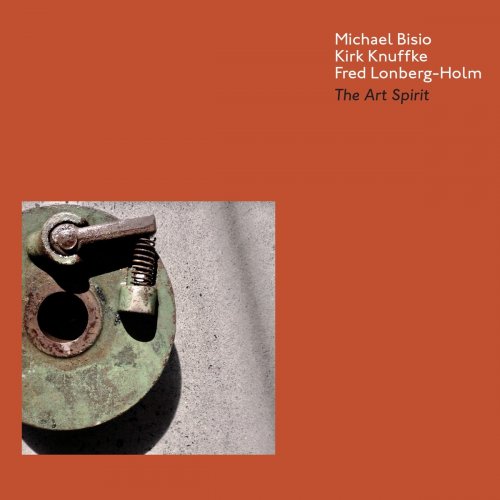
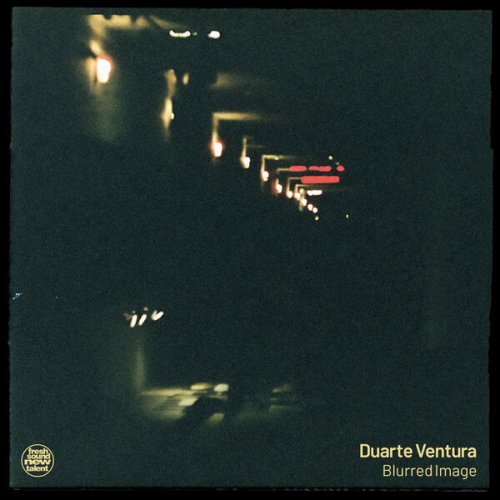
![Samir Aouad - Casablanca (2026) [Hi-Res] Samir Aouad - Casablanca (2026) [Hi-Res]](https://img.israbox.com/img/2026-02/26/cpef8nay7or1kmufgugfd6uy0.jpg)
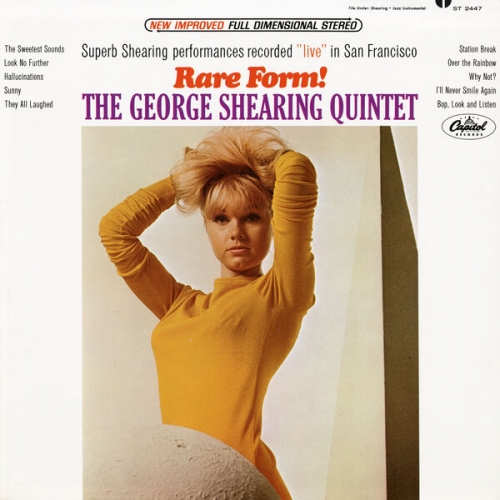
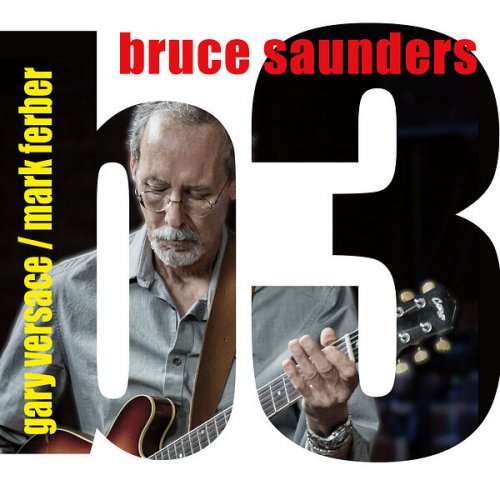
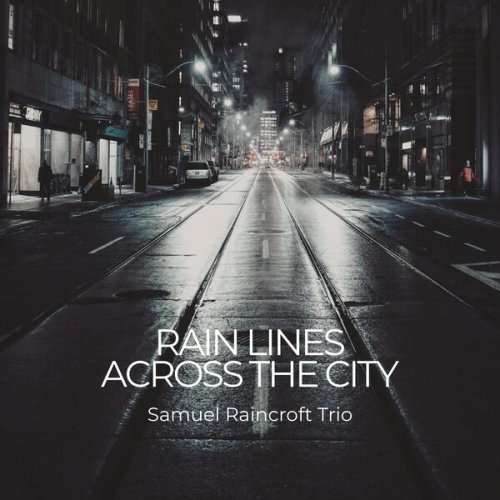
![Maluca Beleza - Des Rivages (2026) [Hi-Res] Maluca Beleza - Des Rivages (2026) [Hi-Res]](https://www.dibpic.com/uploads/posts/2026-02/1772208763_cover.jpg)
![Jeremy Pelt - Our Community Will Not Be Erased (2026) [Hi-Res] Jeremy Pelt - Our Community Will Not Be Erased (2026) [Hi-Res]](https://www.dibpic.com/uploads/posts/2026-02/1771945030_folder.jpg)